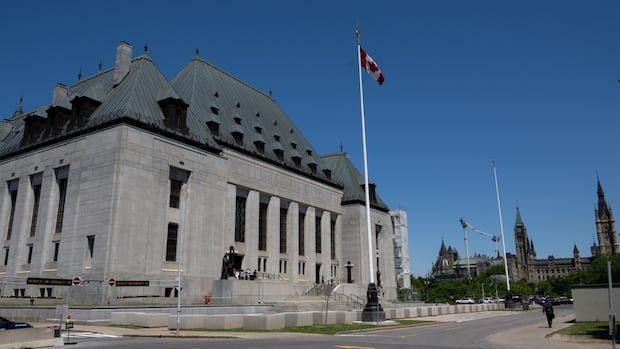The Canadian federal government has petitioned the Supreme Court of Canada to establish boundaries regarding how provincial governments can supersede the Charter of Rights and Freedoms. This request was presented in a legal document known as a factum, submitted to the court on Wednesday as part of the significant case concerning Quebec’s Bill 21, the secularism law. Quebec has utilized the notwithstanding clause of the Charter in its legislation, which enables provinces to protect laws from constitutional challenges. However, the federal government has urged the court to impose restrictions on the frequency of invoking the notwithstanding clause, stating that its repeated use could indirectly alter the Constitution and potentially harm Canadians’ rights irreparably.
Ontario and Alberta have voiced their support for the notwithstanding clause, emphasizing its importance in the Canadian Constitution and advocating against its undermining by the highest court in the country. They defended Quebec’s preemptive utilization of the notwithstanding clause in passing its 2019 secularism law, which restricts public sector employees in authoritative roles from wearing religious symbols while on duty.
Ontario explicitly declared its lack of support for Quebec’s mandate requiring individuals to remove religious symbols to access public services in a 34-page factum. Both provinces argued that the notwithstanding clause, Section 33 of the Canadian Charter of Rights and Freedoms, was a critical component of the negotiation process for the 1982 Constitution, preserving the autonomy of provincial legislatures. This clause grants governments the authority to override certain Charter rights and shield legislation from constitutional challenges.
The Supreme Court has accepted a legal challenge to Bill 21 filed by various opposing groups, though a hearing date is pending. Some parties involved in the case are urging the court to limit the preemptive use of the notwithstanding clause or to allow courts to assess the constitutionality of laws that stand when the clause is invoked. Ontario, however, views these requests as attempts to surreptitiously amend the Constitution. The province argued that prohibiting the preemptive use of the notwithstanding clause would result in legislation being stuck in limbo for an extended period between being invalidated and new legislation invoking Section 33.
Alberta contended that a court issuing a non-binding declaration on a law enacted using the notwithstanding clause would essentially transform into an interest group competing for voter attention in a political arena. Numerous interveners, including several provinces, are involved in the Supreme Court case. Following the passage of Bill 21, other provinces have increasingly resorted to Section 33. For instance, in 2023, the Saskatchewan government invoked the clause to mandate parental approval for students under 16 to use their preferred names or pronouns at school. Quebec has also employed Section 33 in passing other legislation, such as an overhaul of the province’s language law.
Recently, the Saskatchewan Court of Appeal ruled that courts can issue declarations on rights violations in legislation utilizing the notwithstanding clause, a stance Quebec opposed in its arguments submitted to the Supreme Court. Prime Minister Mark Carney has expressed opposition to the preemptive use of Section 33. Bloc Québécois Leader Yves-François Blanchet accused Carney of exploiting the notwithstanding clause as a pretext to criticize Quebec’s approach to secularism, urging open and direct challenges if fundamental values or language issues are at stake.

